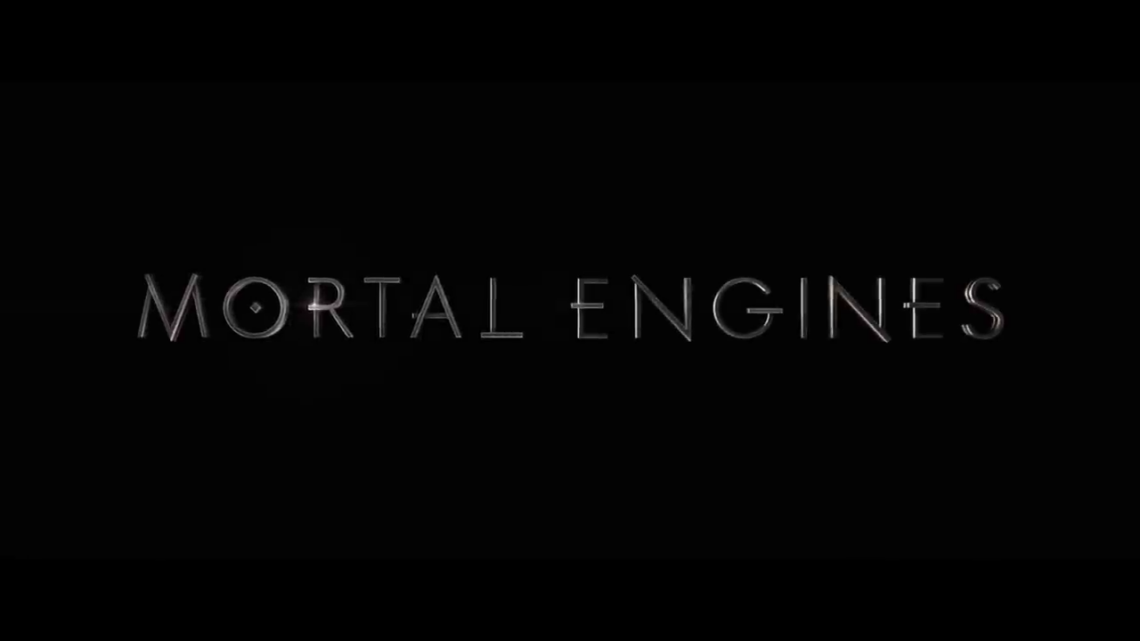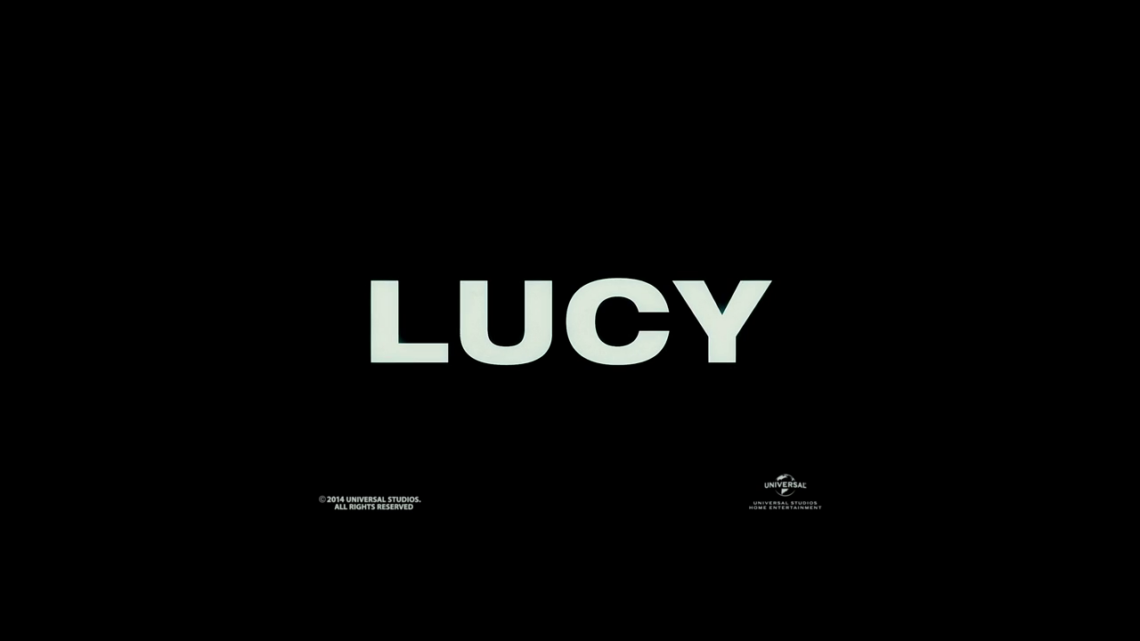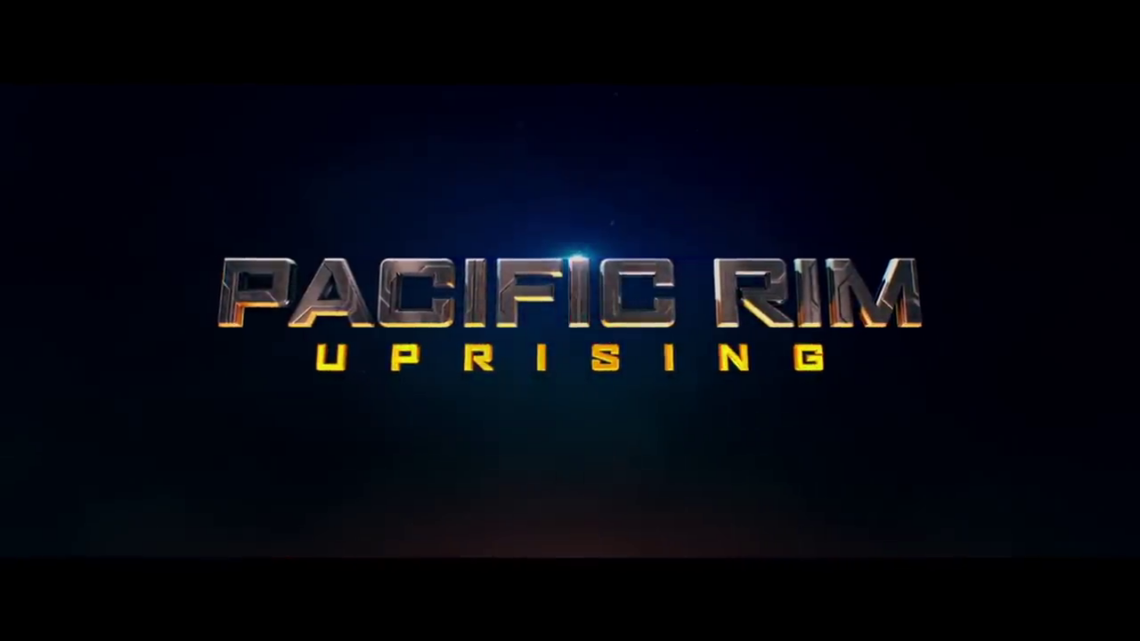-
#628 – Mortal Engines (2018)
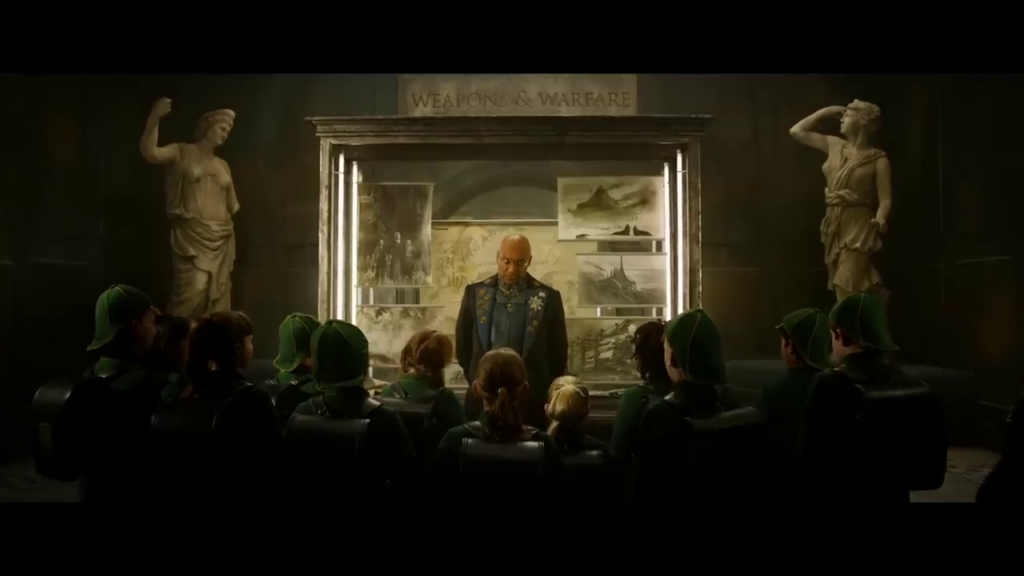
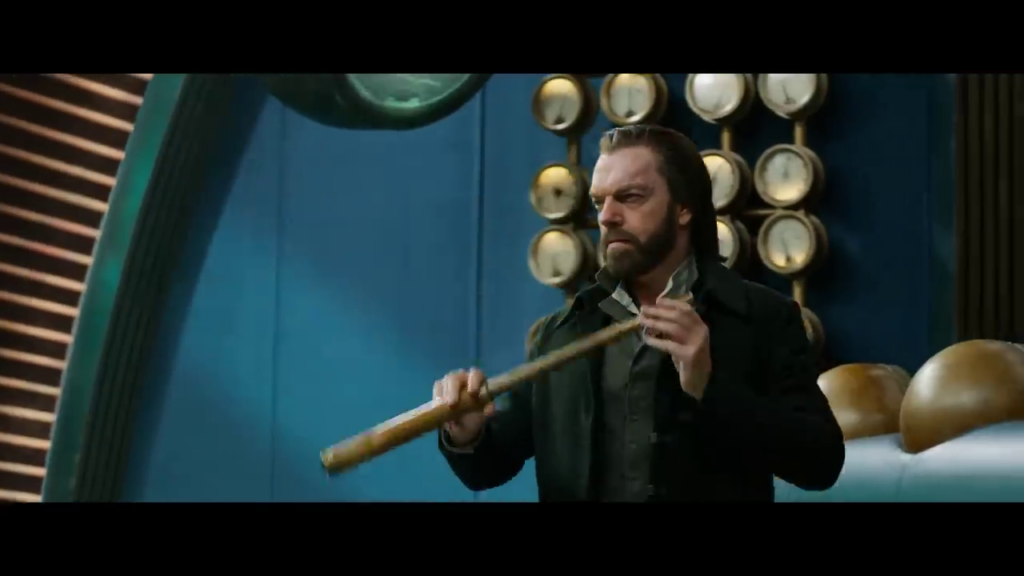
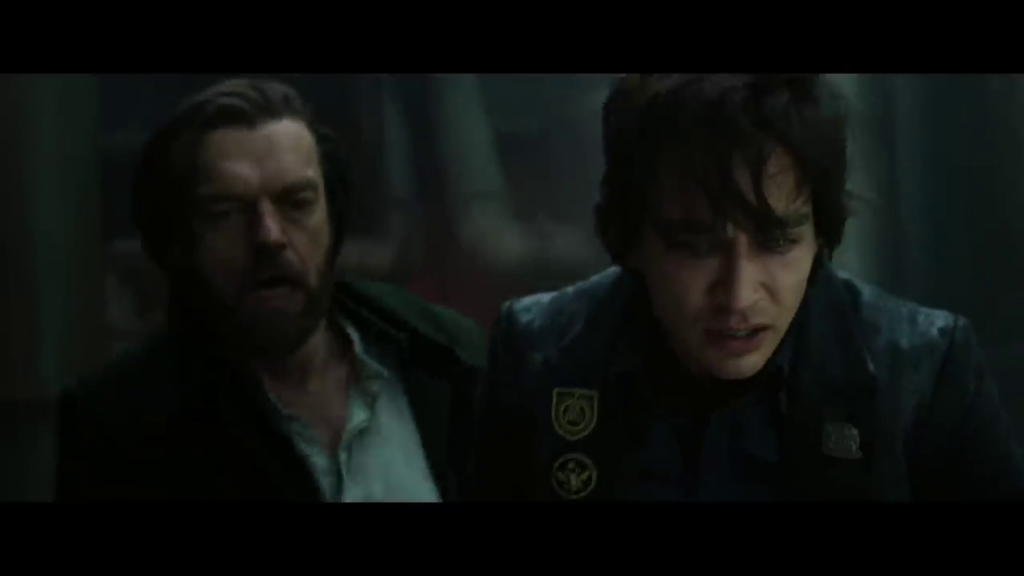
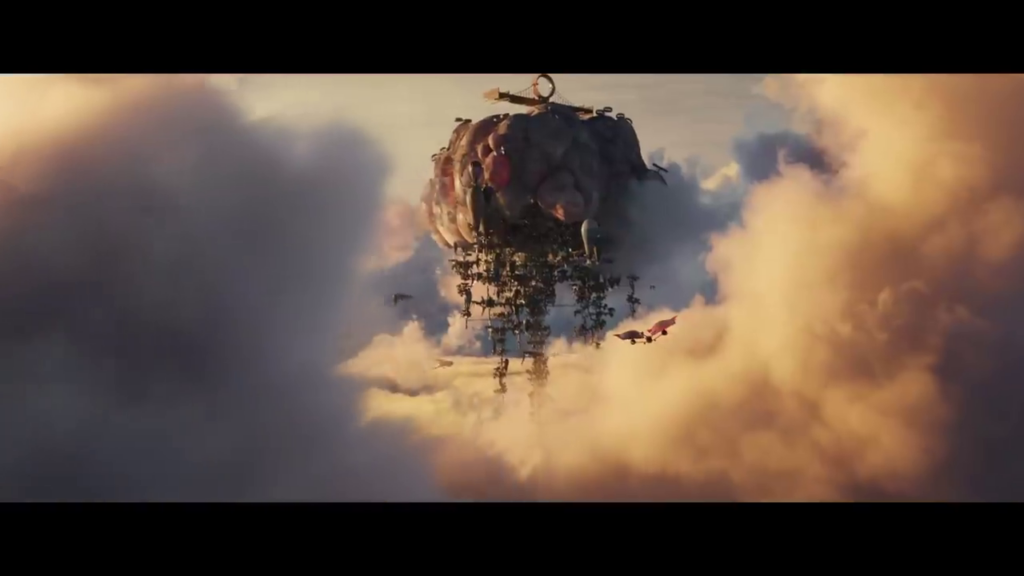
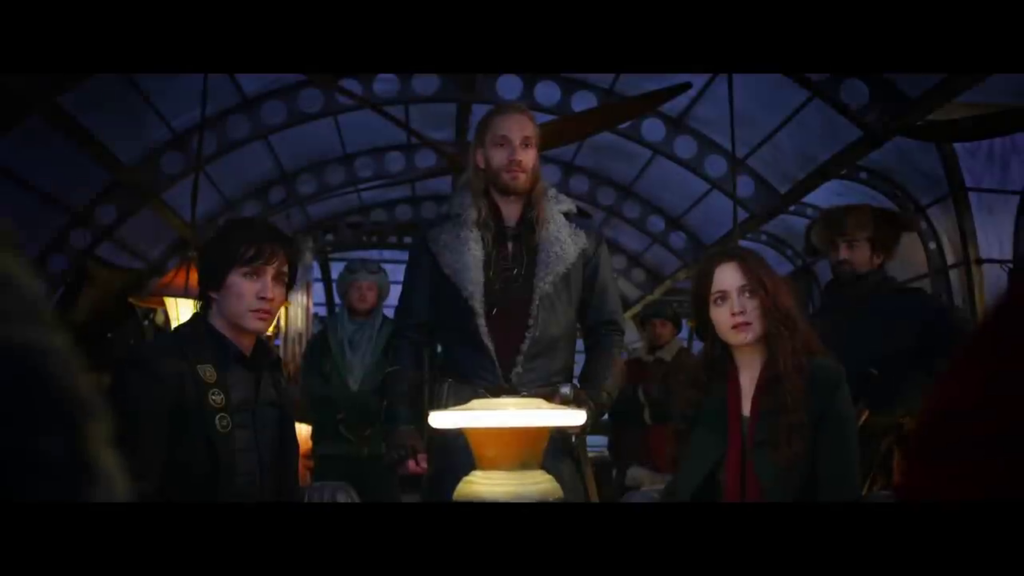
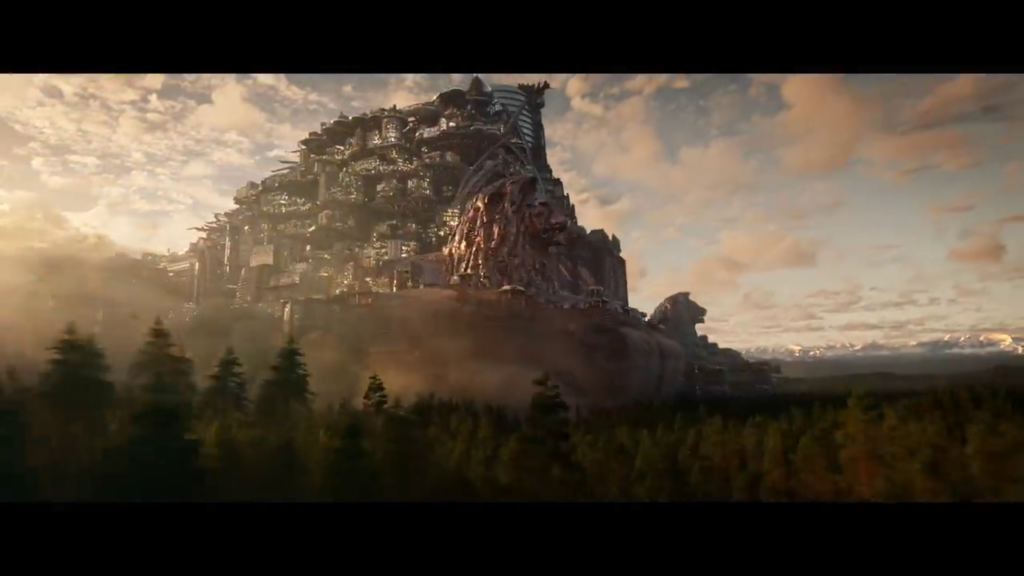
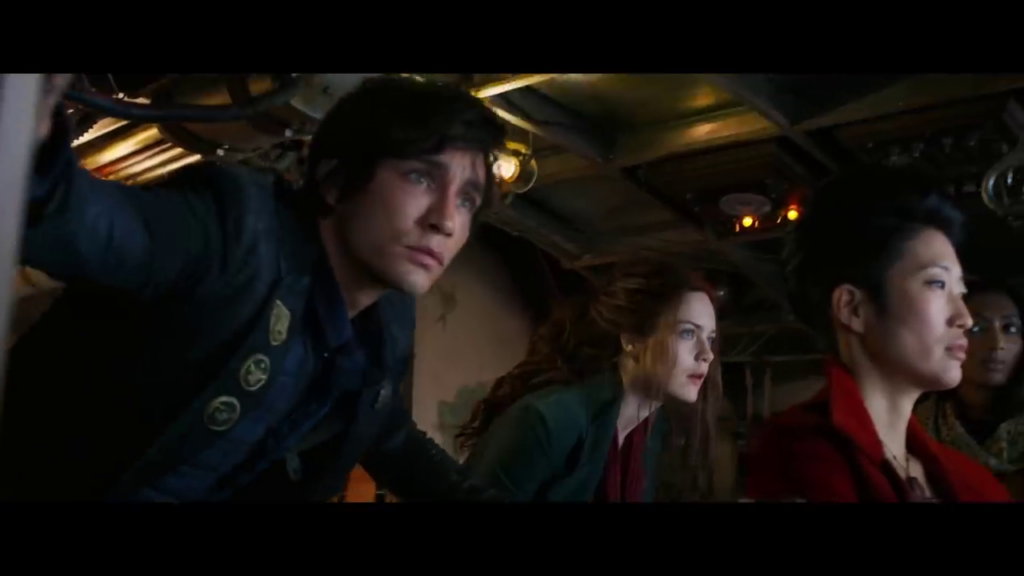
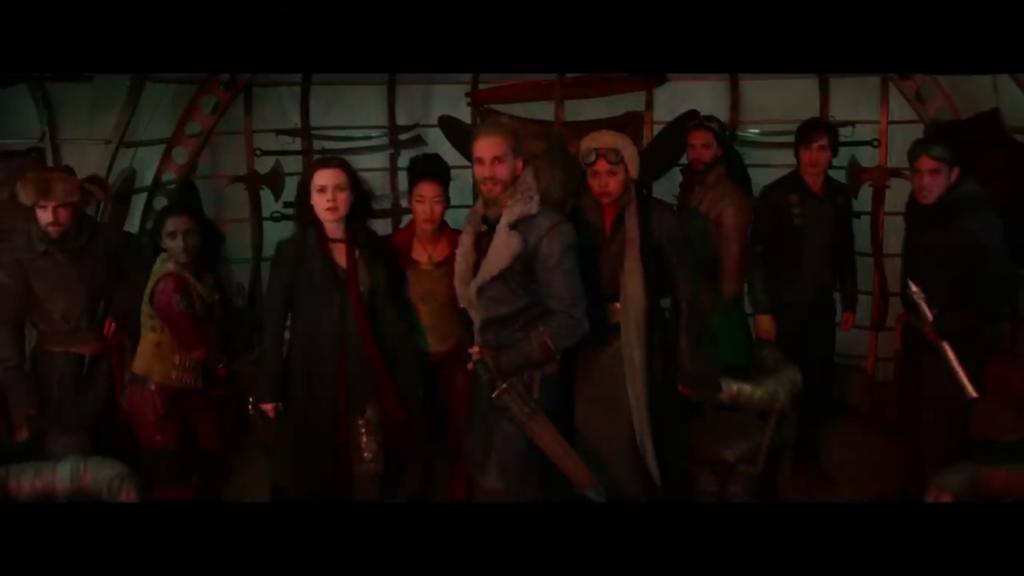
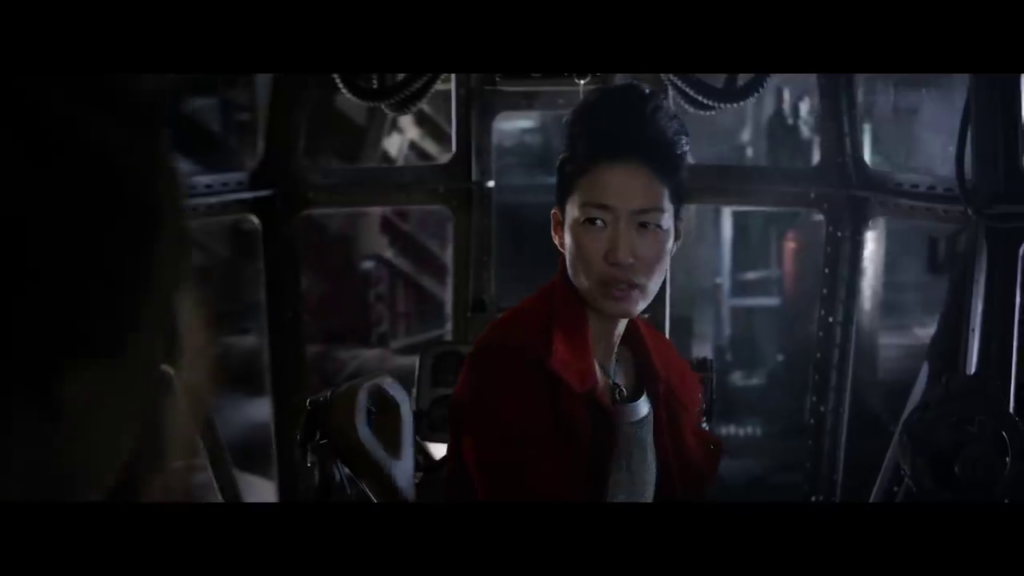
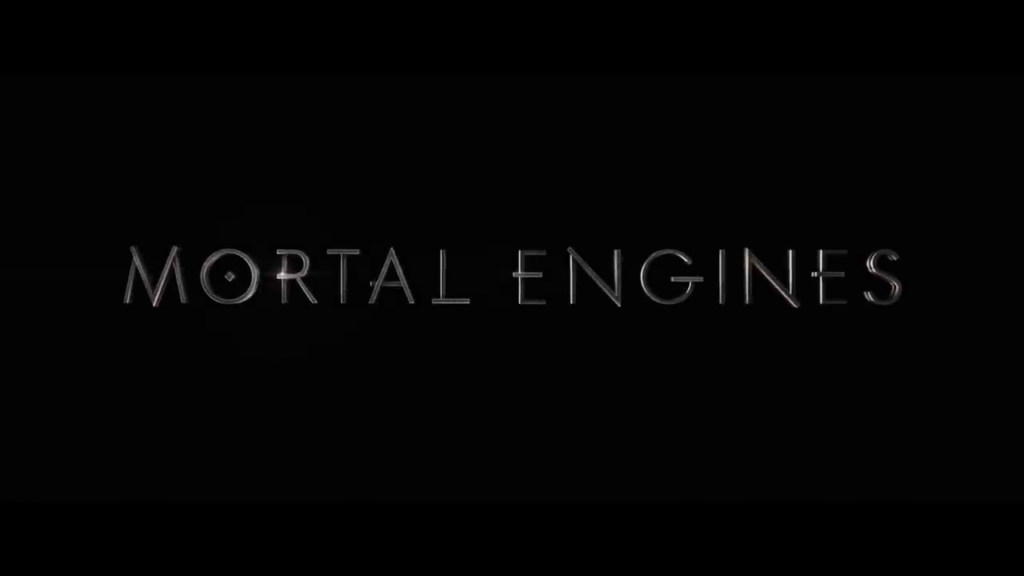
Mortal Engines (2018)
Film review #628
Director: Christian Rivers
SYNOPSIS: A thousand years in the future after a great war, giant mobile towns and cities roam around the continent, attempting to absorb one another for resources. In the mobile city of London, a small mobile town is harvested, among the population is Hester Shaw, a young woman who attempts to assassinate Thaddeus Valentine, a high ranking member of the city, but is stopped by Tom Natsworthy, a young historian. When Thaddeus learns that she told Tom about how he killed her Mother before she fell down a chute, Thaddeus pushes Tom down too, hoping to eliminate any evidence. With Hester and Tom cast out of the city as it rolls away, they must find a way to work together and get back to London before Thaddeus can complete his secretive project…
THOUGHTS/ANALYSIS: Mortal Engines is a 2018 sci-fi film based on the novel of the same name by Philip Reeve. Set a thousand years in the future after a “sixty second war” obliterated the old world, humanity now lives on large mobile cities and towns that move across the continent capturing other towns and cities for scarce resources. London is one such city, and after capturing a small mining town, takes the residents aboard including Hester Shaw, a young woman who attempts to assassinate Thaddeus Valentine, a high ranking member of the city. She is stopped by Tom Natsworthy, a young historian, who chases her down, and reveals to him the secret that Thaddeus killed her Mother before she falls down a chute. When Tom tells Thaddeus this, he is also pushed down the chute, seemingly to erase the evidence. Cast out of London as it rolls away, Tom and Nester must learn to work together to learn the truth and stop whatever Thaddeus is planning. The film starts off, as most of these post-apocalyptic films do, telling how civilisation was wiped out in a war, and introducing the novel concept of mobile cities that move around like giant tanks swallowing others for resources. We get a fairly standard action sequence to kick things off which illustrates the concept well, but perhaps lacking that necessary hook to grip viewers.
The two main flaws of the film quickly make themselves known, in the first twenty minutes we are introduced to character upon character, thrown at us relentlessly. The cast is just far too large, and we don’t really get a strong main character to settle us into the world, and are rather just thrown around a lot. The second issue which stems from this, is that everyone we meet already has a history with everyone else, which just complicates everything tenfold. This feeds into a plot which is tied together with a mass of conveniences, where characters coincidentally meet who just happen to know each other in some way. There’s nothing organic about the development when all of this is just shunted into the film and we as the viewer are made to play catch up as the film explains the nature of their relationships, rather than letting it happen in the present on screen. The two main characters have that very typical relationship of hating each other and eventually getting closer, and you can easily predict every beat in their relationship and when it’s going to happen, draining any chemistry between them. Thaddeus isn’t really much of an interesting villain either, as his plan just seems to be to blow up a wall so he can go and pillage some non-moving cities in east Asia, but we don’t ever see any of them, or what they’re like, so we don’t really get a sense of the consequences of his actions other than blowing up a big wall. Hugo Weaving still turns in a good performance as you would expect, but he just doesn’t really have anything special to do, like most of the characters.
I haven’t read the book, so I’ can’t comment too much on the themes there, but the film does have a theme of “Municipal Darwinism,” with the strong cities absorbing the weak and their resources in order to survive. An interesting idea, but only really mentioned once in the opening and never really explored. There’s also a sense of nationalism/colonialism in having the populations of these cities cheer on as they watch “their” city destroy another, which again is hinted at in the opening and a bit at the end, but never really dug into or forms any part of the plot. I feel this is something that would have been interesting sub-text in the novel, but maybe was flattened out to make the film more Hollywood and devoid of any metaphor or controversy. These might also have had more weight if we saw more than one mobile city throughout the entire film. What happened to all the other big cities? Wouldn’t it have been interesting to see London take on Paris, or any other major capital? As it is, there’s not even a mention of them.
Produced by Peter Jackson, as the trailers are at pains to point out, he lends his skills well to the big battle scenes, and the visuals are good for them. Jackson hired Philip Reeve for his directorial debut to work on this film, and the inexperience certainly shows in all the points mentioned above. There’s plenty that could have been done with this film, I am sure, but as it is, it is a meandering two hours around half-baked plot points connected by huge coincidences and a bloated cast. It fails to make up for the weak plot as well with a lack of excitement, action, humour, or anything else really. Clearly everyone else felt the same, as it was a box office bomb against a huge budget. Mortal Engines stalls before it ever gets anywhere good. The historian characters remark that somehow history is not as they know it, and that it seems to have been changed somehow. I assume this is because the plane has travelled back, but it just seems like an excuse not to be historically accurate (such as the German planes used not being in use until 1942).
The characters are all fairly bland and a typical cast who react to the situation differently. Acting is weak, and we don’t really get any insight into the lives of these characters other than the tropes they are meant to be.
-
#627 – Lucy (2013)
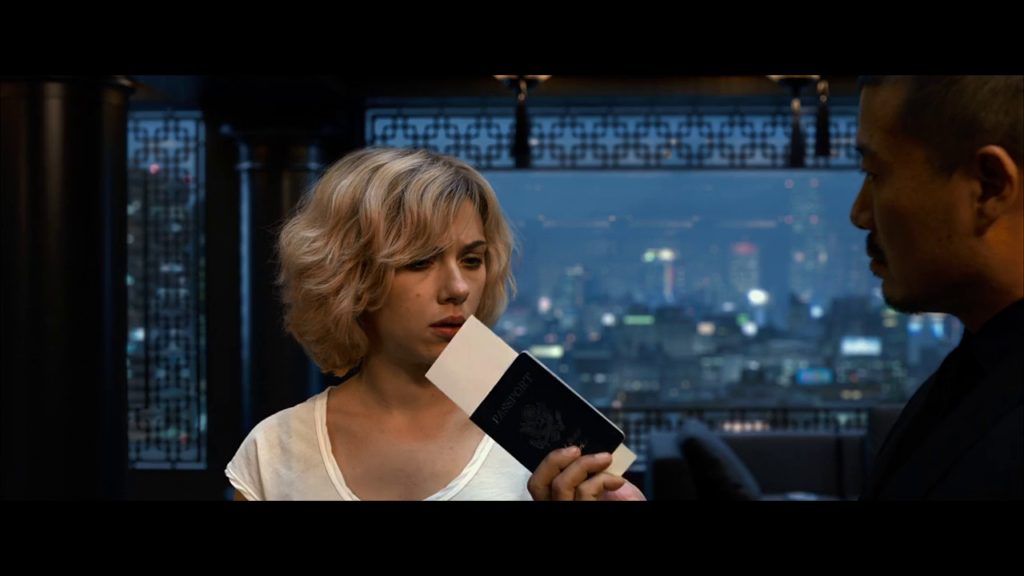

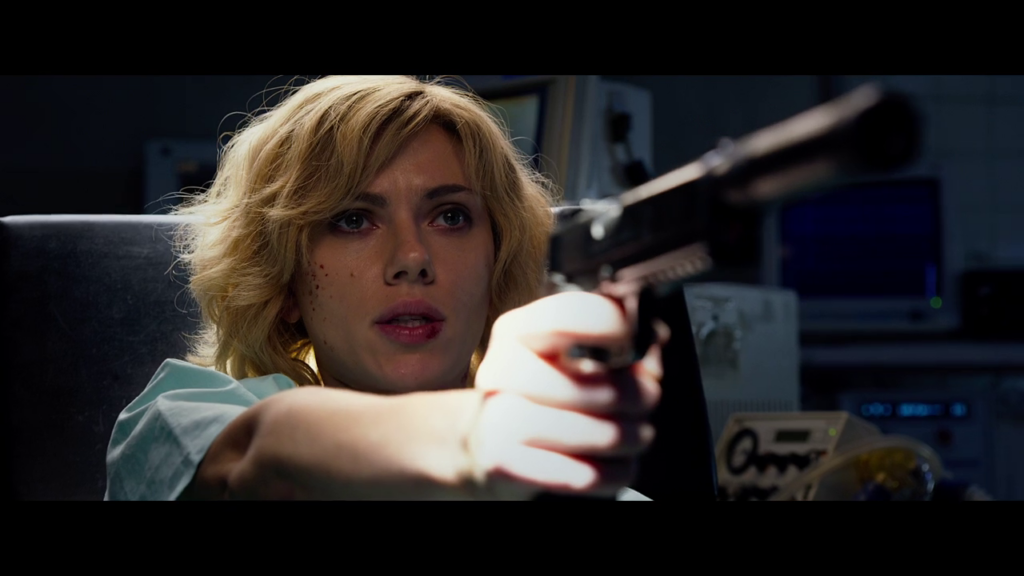
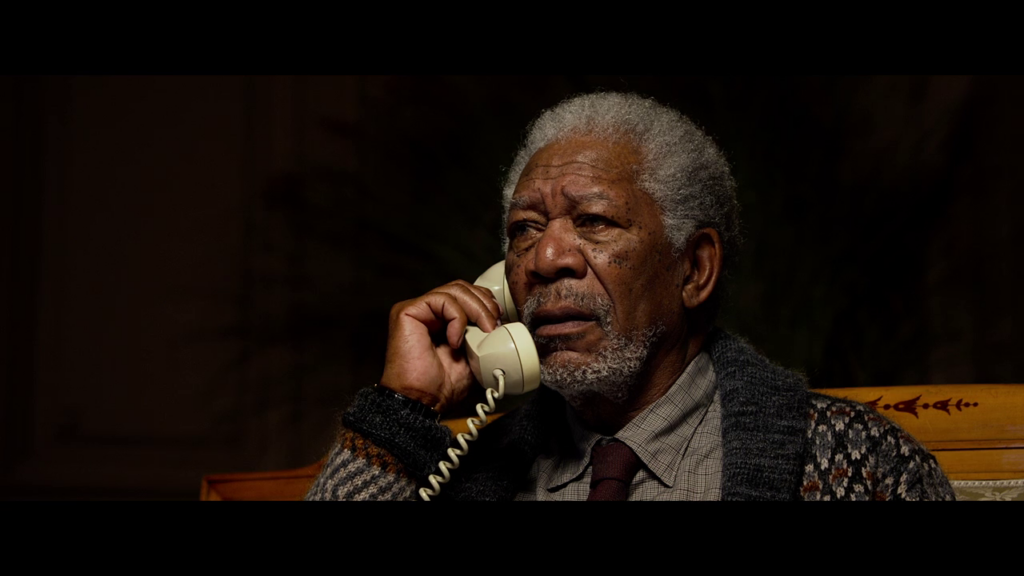
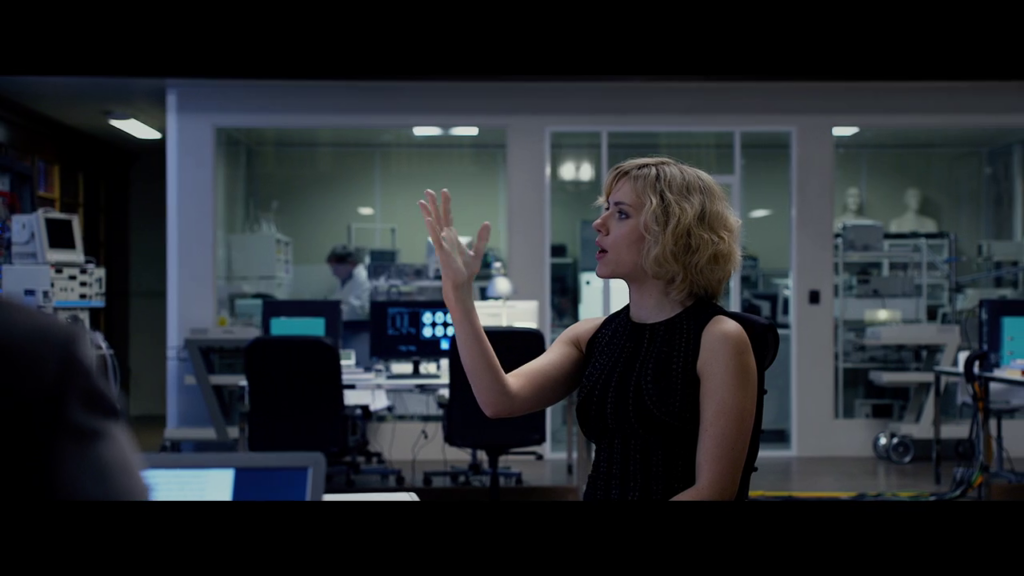
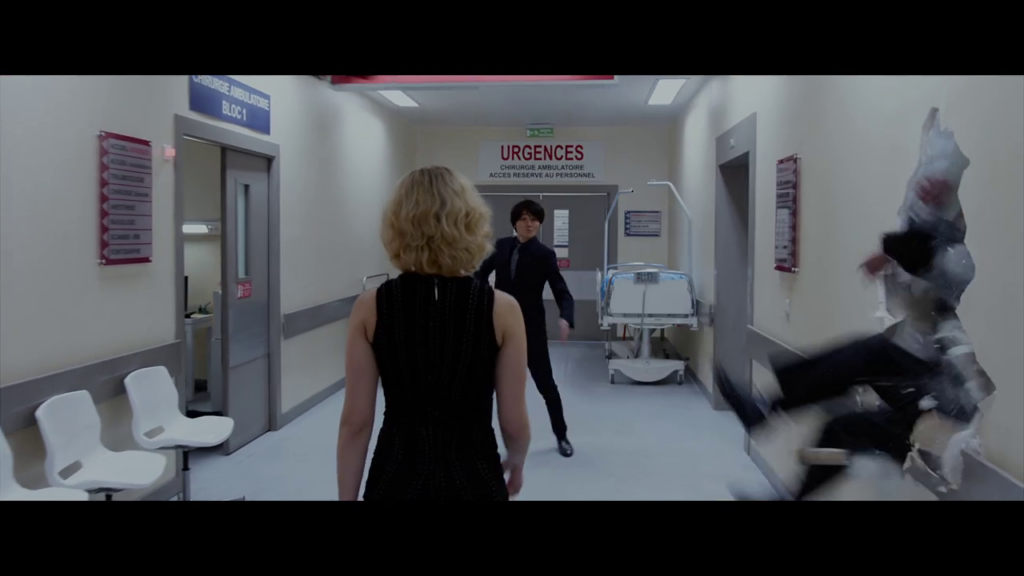
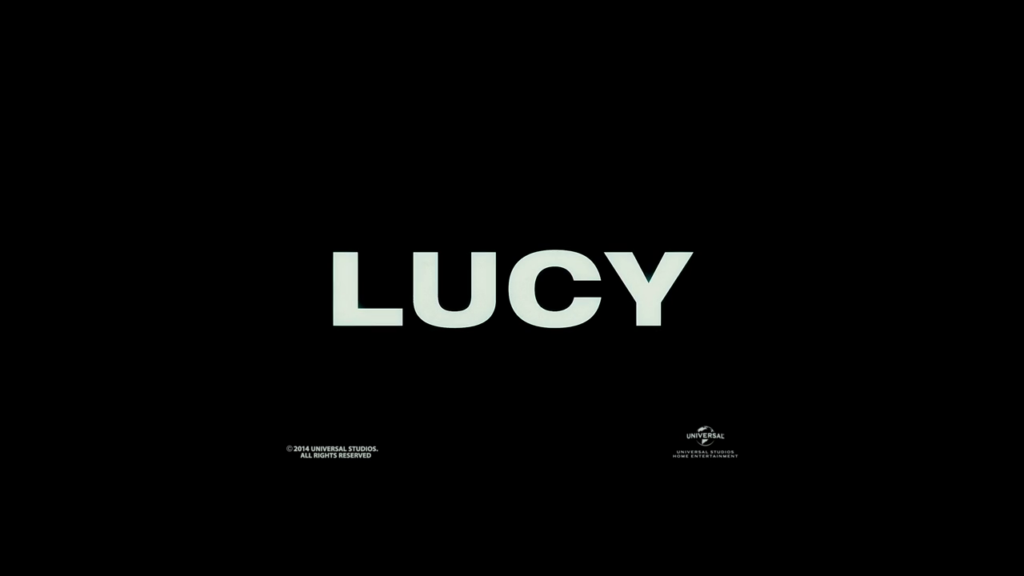

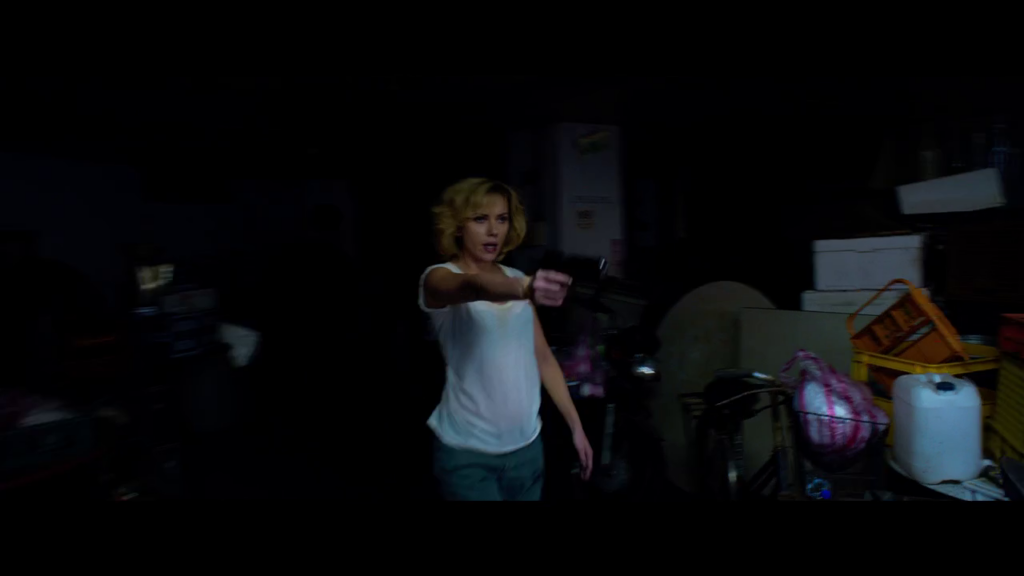
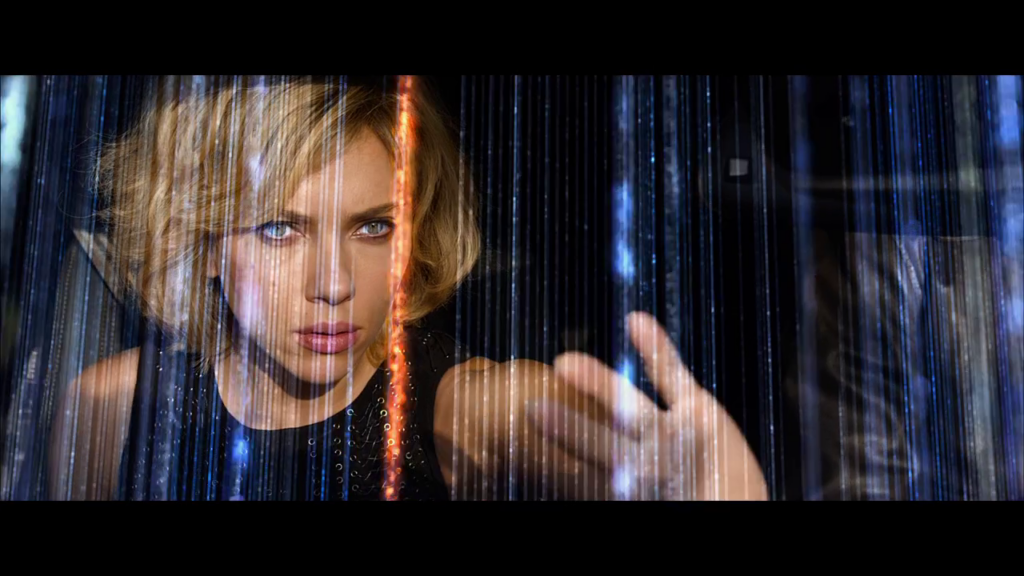
Lucy (2013)
Film review #627
Director: Luc Besson
SYNOPSIS: A young woman is tricked into delivering drugs for a organised crime ring. She has the drugs planted in her intestines to smuggle through the airport, but when the bag starts leaking, her body absorbs the experimental substance, giving her superhuman abilities. As her powers increase and her grip on reality fading, she reaches out to a Professor in the hopes of passing on her experiences before she transcends to whatever happens next…
THOUGHTS/ANALYSIS: Lucy is a 2013 sci-fi film. Lucy is given a briefcase full of experimental drugs to give to a Korean crime syndicate. Things quickly escalate as she is roped into smuggling a packet of drugs to Europe inside her intestines. When the package inside her starts leaking, her body starts absorbing the drugs, unlocking more of her brain power and slowly transcending human existence. She enlists the help of a university Professor to help her pass on her experiences before she unlocks one hundred percent of her brain and transcends her very existence. Blending action, philosophy, and a sprinkle of humour, Lucy achieves a finely balanced weave that viewers can ride on from beginning to end. I enjoyed this film for mainly two reasons: the aforementioned balancing of action, philosophy, suspense, humour and more that allows the film to hit the ground running and never stop. The second is that it’s short: clocking in at just over one and a half hours (about one hour and twenty four minutes excluding the credits), it does what it needs to do and is over. The film covers the philosophical ground of what it means to be human, but doesn’t have the big scenes of silence like 2001 or something similar to give us the space to reflect that. That’s not a bad thing though, it just offers us a different way of doing this kind of speculation.
The film revolves around the popular misconception that humans use only use ten percent of our brains, and speculates what would happen is we started to use more: as Lucy unlocks more of her brain power, she is able to control more and more things around her, including her appearance, matter, and so on. The film has a clear start and end point, and moves along fairly evenly, while still keeping things exciting. The action scenes are well choreographed, and while the premise of the film is based on the aforementioned urban myth about the use of the human brain, it still evokes enough wonder and speculation about what makes us human and purpose to sow the necessary philosophical seeds. The film bears the fingerprints of it’s director Luc Besson (The Fifth Element, Valerian and the City of A Thousand Planets), with colour, energy, and purpose in all the scenes, and Scarlett Johannsen portrays Lucy as both a human figure, who is slowly becoming something else entirely well. The more you think about the scie3ne behind the film, the less it really makes sense, but the philosophical ground is fairly sound. Lucy is a film that never overstays its welcome: it’s careful balancing of action, speculation, and humour does everything it needs to do with a sense of style, and makes it an entertaining ride from start to finish. Just a damn good ride really.
-
#626 – Pacific Rim: Uprising (2018)
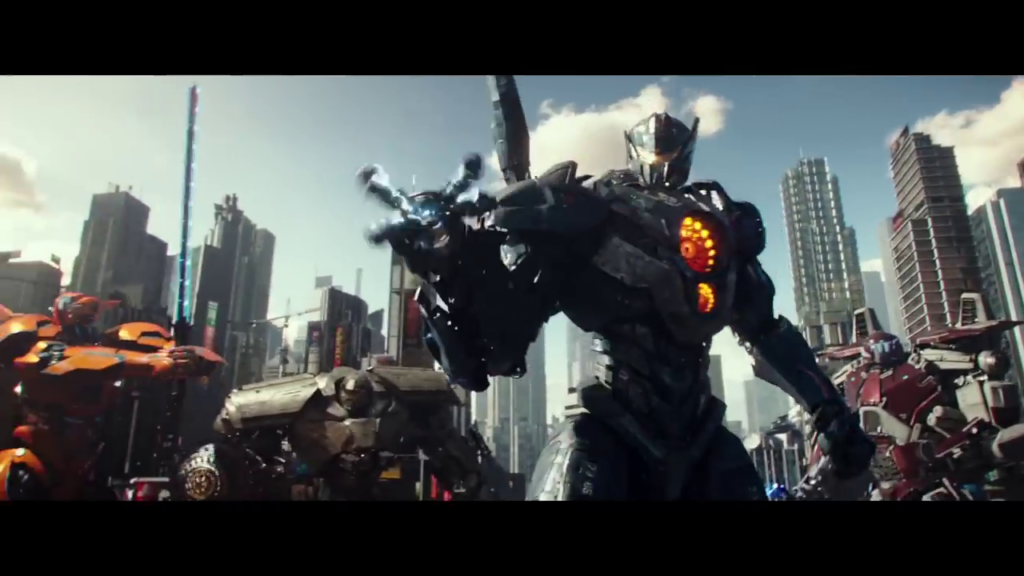
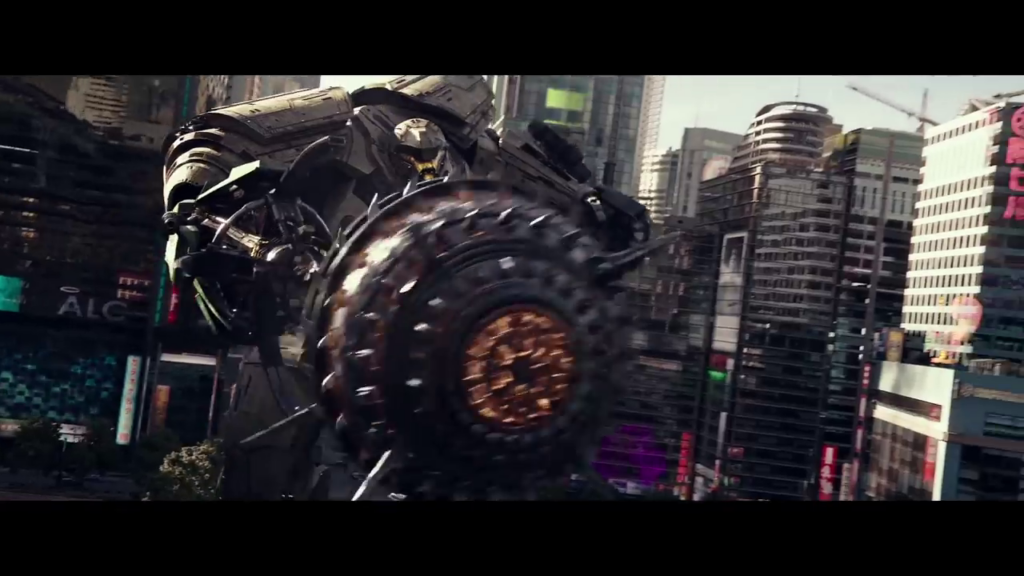
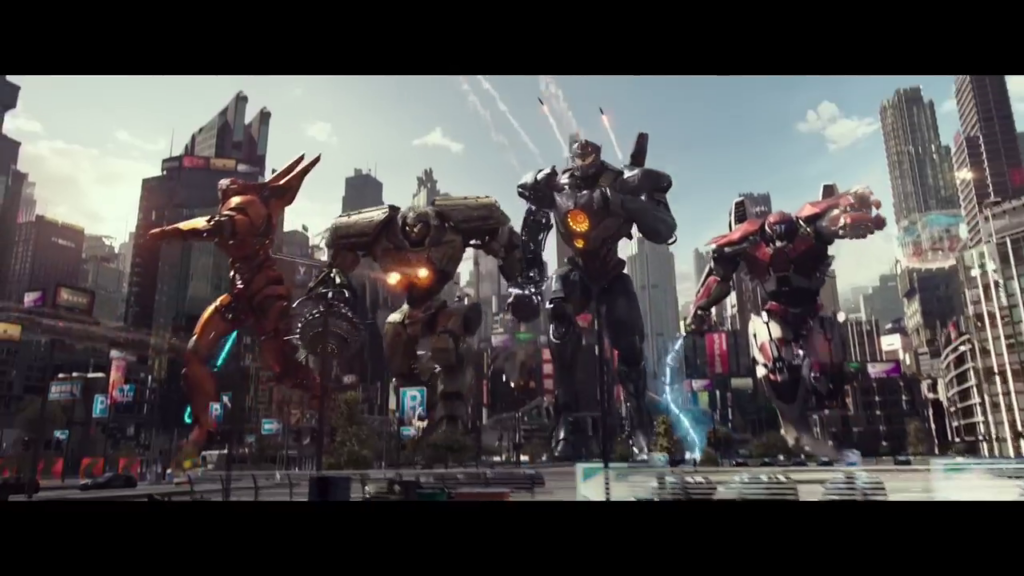
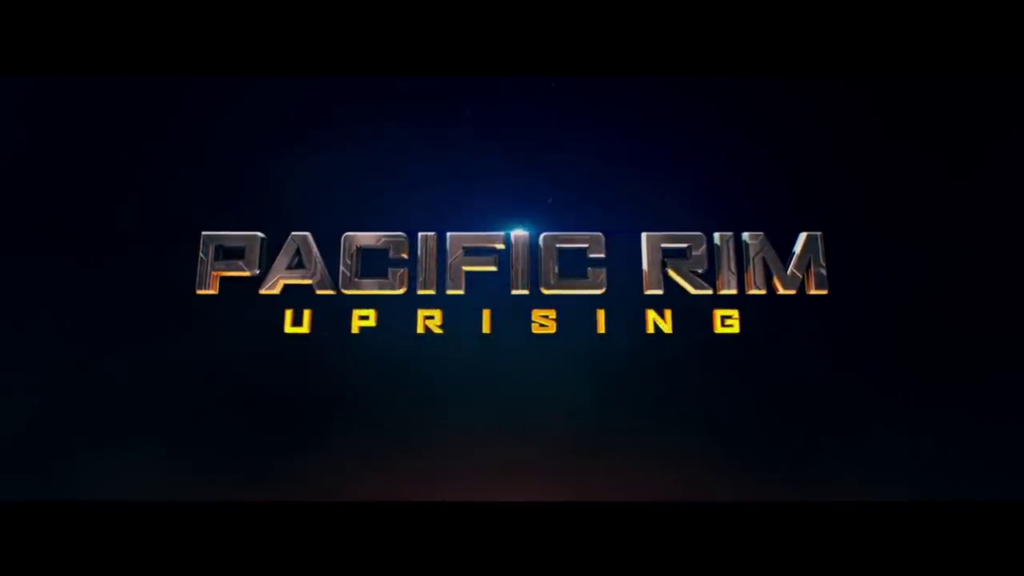
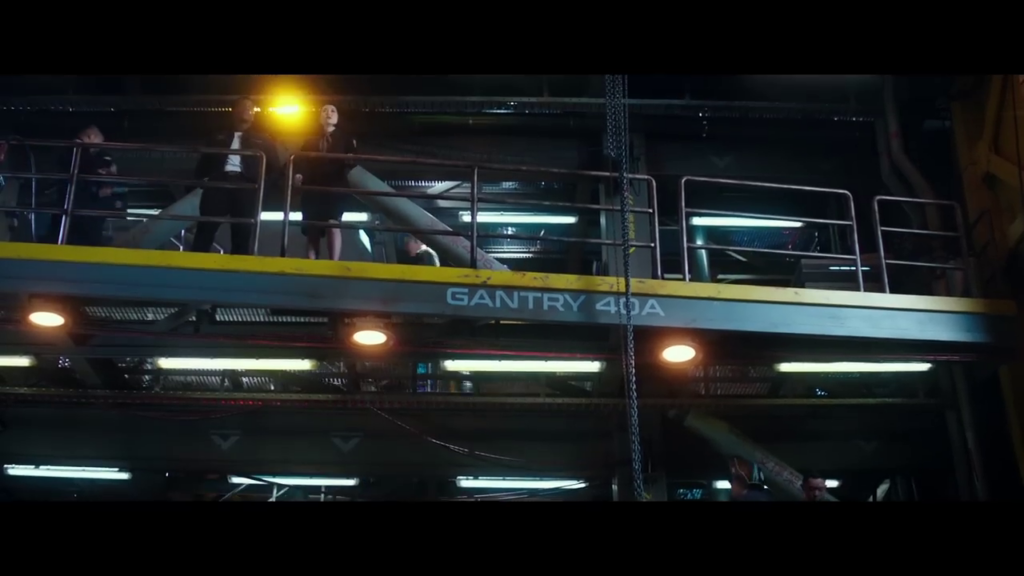
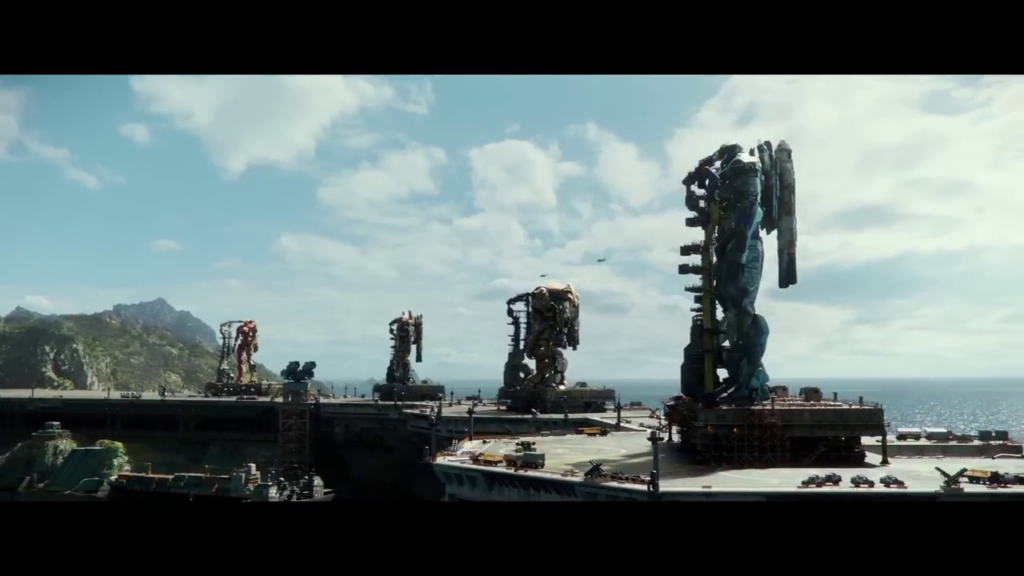
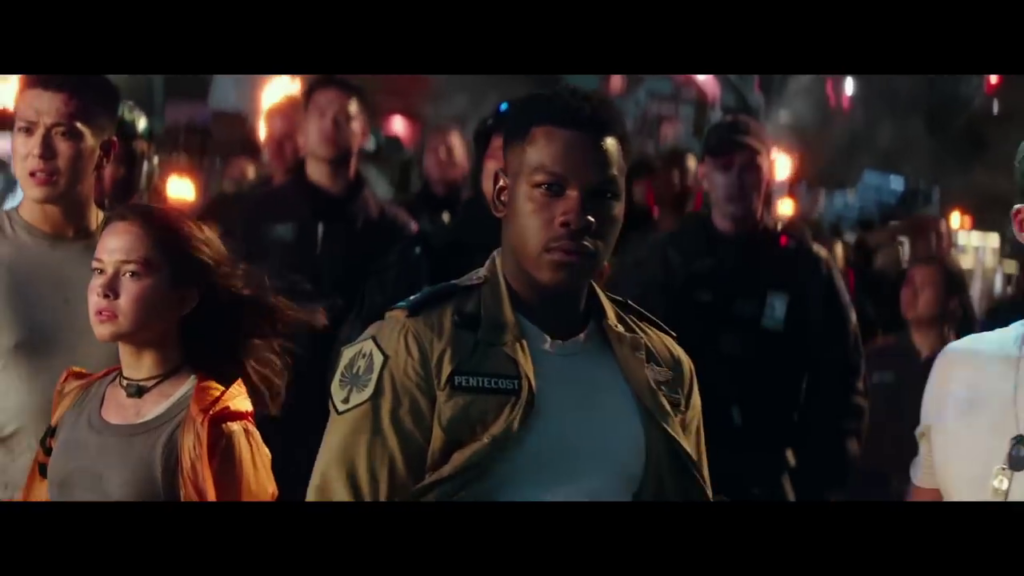
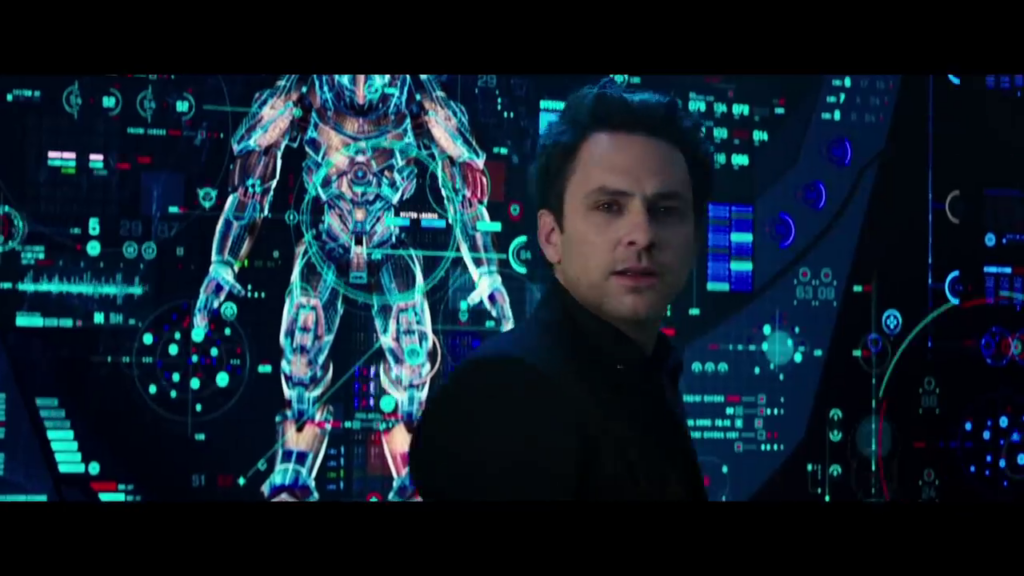
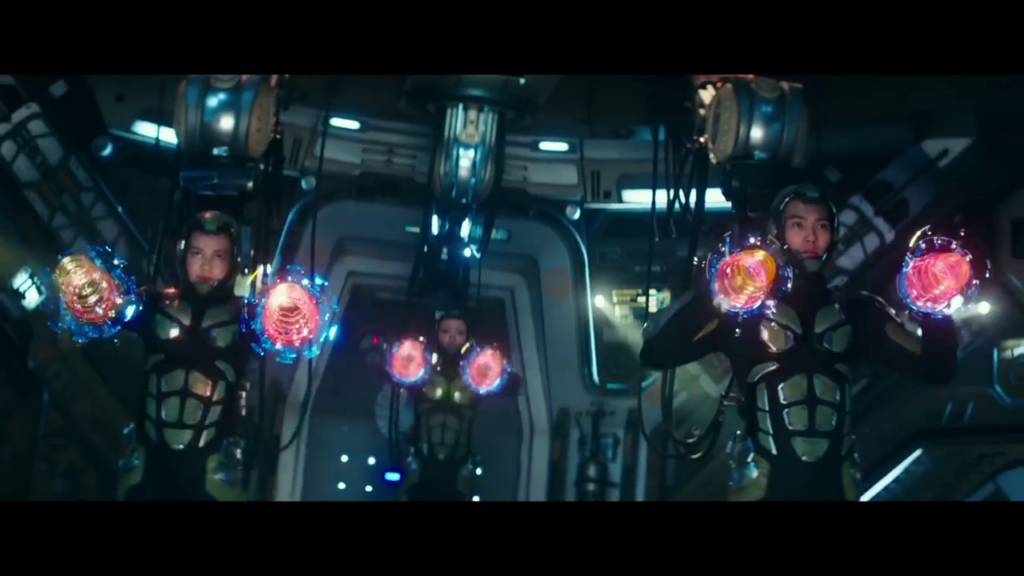
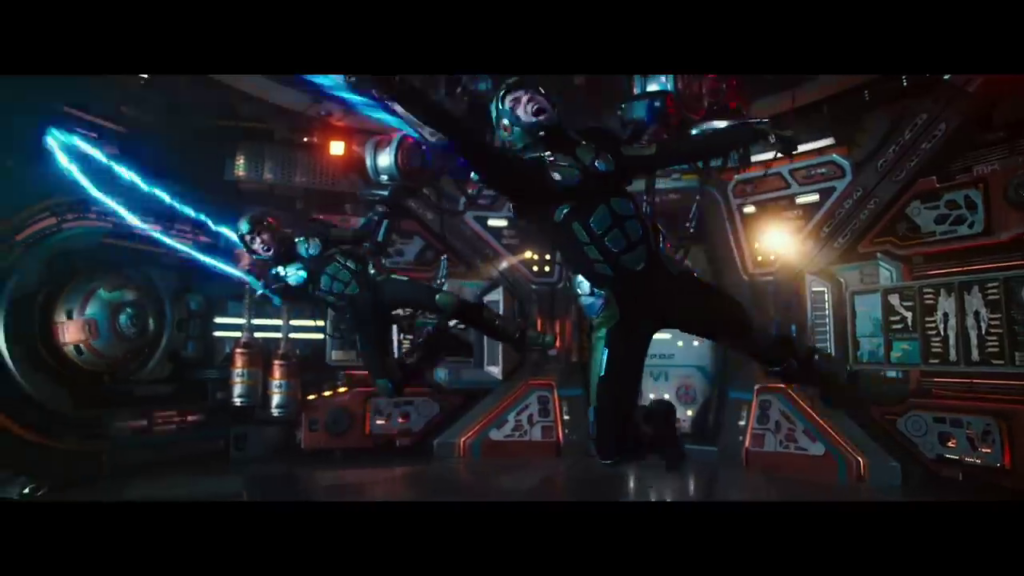
Pacific Rim: Uprising (2018)
Film review #626
Director: Steven S. DeKnight
SYNOPSIS: Ten years after the war of the Kaijus was won and the rift through which they came was sealed, pilot Jake Pentecost is living in ruined Los Angeles selling giant robot (Jaeger) parts. When he has a run-in with a girl named Amara who has been illegally building her own Jaeger from scrap parts, they are caught and given a chance to make up for their crimes: Jake is to train a new generation of pilots, and Amara is to join as a cadet. Both are put to the test however, as a new threat emerges…
THOUGHTS/ANALYSIS: Pacific Rim: Uprising is a 2018 sci-fi film and the sequel to 2013’s Pacific Rim. Set ten years after the vents of the first film, in which the rift through which the giant kaiju monsters was sealed, we see the hero of the first film Jake Pentecost living in the ruins of a Beverly Hills luxury home, as he narrates how the intervening ten years have led to people illegally building their own Jaegers (giant robots used to combat the alien kaiju), and an emerging black market for parts to do so. Jake runs into a young girl named Amara Nanami, who is secretly building such a Jaeger, and when the two of them are caught, are offered a deal to keep themselves out of trouble: Jake is brought back to the academy to train new recruits, and Amara joins as one of said recruits. While behind the scenes some suspicious activity with a company wants to use artificial drones to pilot the Jaegers leads to a new threat and the new recruits having to step up to save the world. The story splits itself into two as we follow both the protagonists doing slightly different things: there’s absolutely no surprises here, and everything unfolds more or less how you would expect it to. There’s just this overwhelming feeling that nobody really knew what to do with the story here: just re-opening the rift and fighting kaijus would have been a direct copy of the original and rendered the victory of the first film somewhat meaningless, so it’s good they just didn’t do that. The trouble is that what they did do is to half re-hash the story by returning to newcomers and training a different generation of pilots anyway. The new story regarding the use of drones to artificially pilot Jaegers is somewhat interesting, but is more or less blown away and discarded when the “real” threat emerges. All in all, it just feels directionless.
The story is obviously not what you’re watching this film for I suppose: you want to see giant robots beating giant monsters, and you do get it…eventually. One of the big differences between this film and its predecessor is that the big fights take place during the day, whereas in the original it was all done in the dark and usually rain. This was one of the common critiques of the first film that you couldn’t really see what was happening during the fights, so it’s good that they actually revised that. There was something quite atmospheric about the night time fights, but I can see why they would choose to avoid that criticism entirely this time around. The characters have reasonably good chemistry, such as between Jake and Amara, but the development of their relationship is so predictable, and at the start of every scene between them you can work out how it’s going to end up. The characters from the first film too don’t really get that much development either, and due to the five year gap between films, I couldn’t really remember who any of them were. There’s just little effort to reconnect us to the characters or expand upon them.
Given that Guillermo del Toro stepped away from directing this film as he did the predecessor, it does suffer from his absence (he directed the Shape of Water instead, which won him multiple awards, so a good move on his part at least). The action scenes are decent and entertaining, but don’t really have much flair. The Jaeger and Kaiju designs aren’t memorable or leave an impression, and again, the effects are okay and solid enough, but don’t stand out. Pacific Rim: Uprising fails to build upon its predecessor; stumbling around well-trodden story beats to try and distinguish itself form the original, but just never achieves that aim. Some of the characters have chemistry, but it’s all done in such a cliché manner that you don’t even need to see it; the predictability of all the dialogue is nauseating and feels like a waste of time. The fight scenes are entertaining enough, and are obviously what carry the film, but everything else is directionless and muddled. Overall, a lack of ideas overshadows the film, but like the original it’s an okay action film. Although that said, you’ll probably want to watch the original over this one, as it at least was self-contained and didn’t have the pressure of re-treading old ground like the sequel has to.
